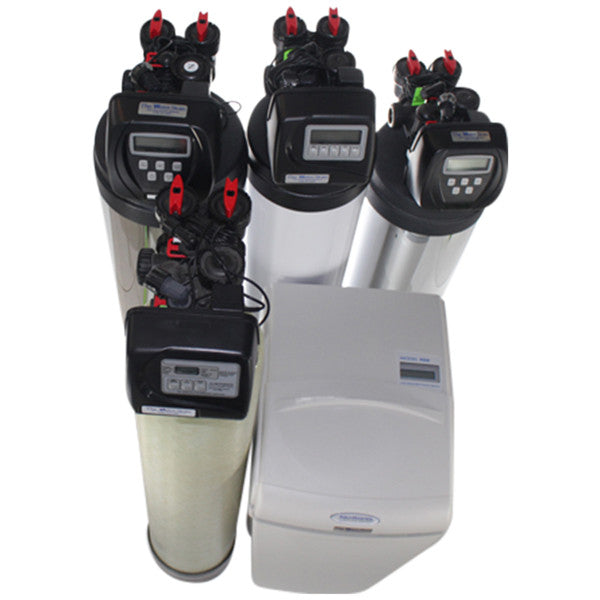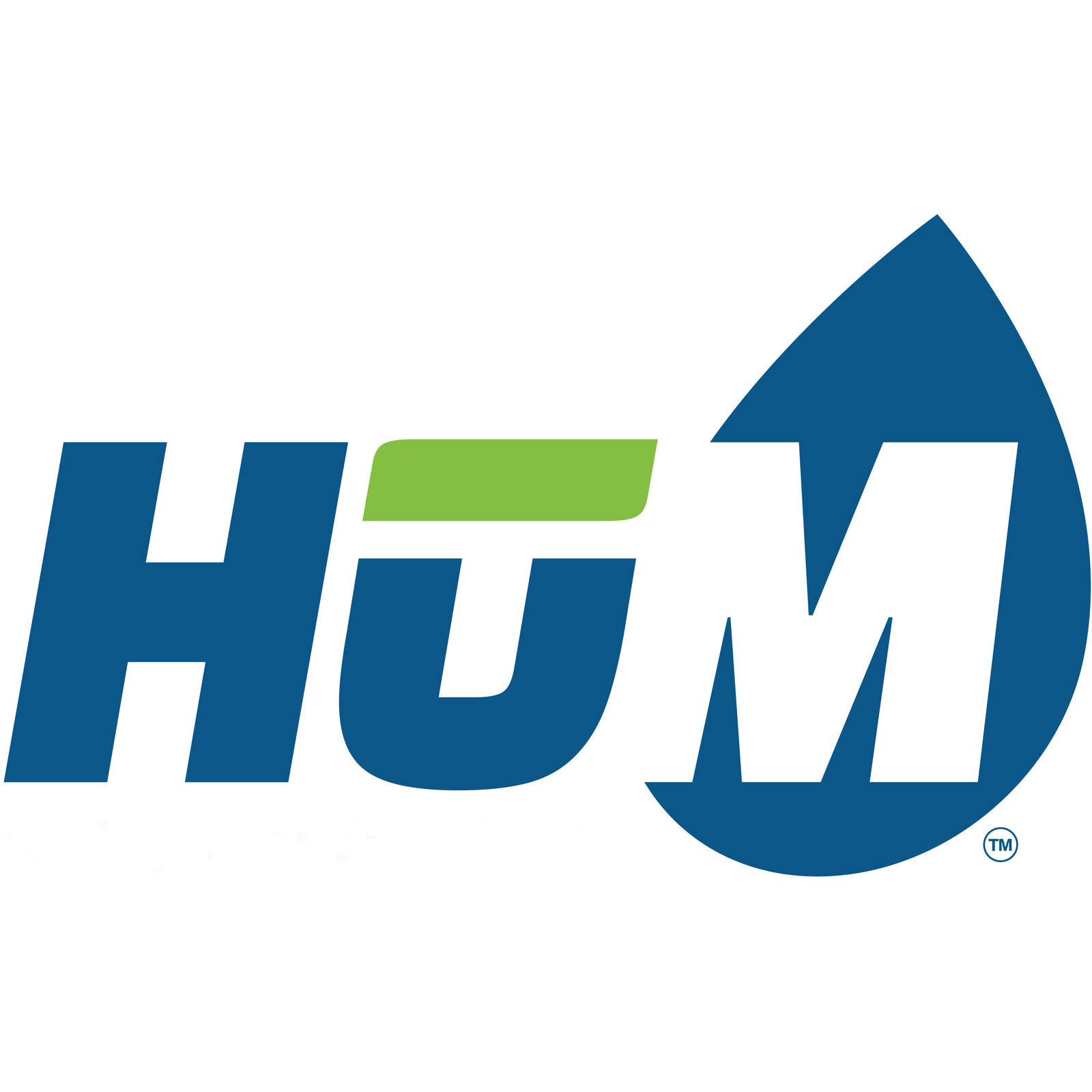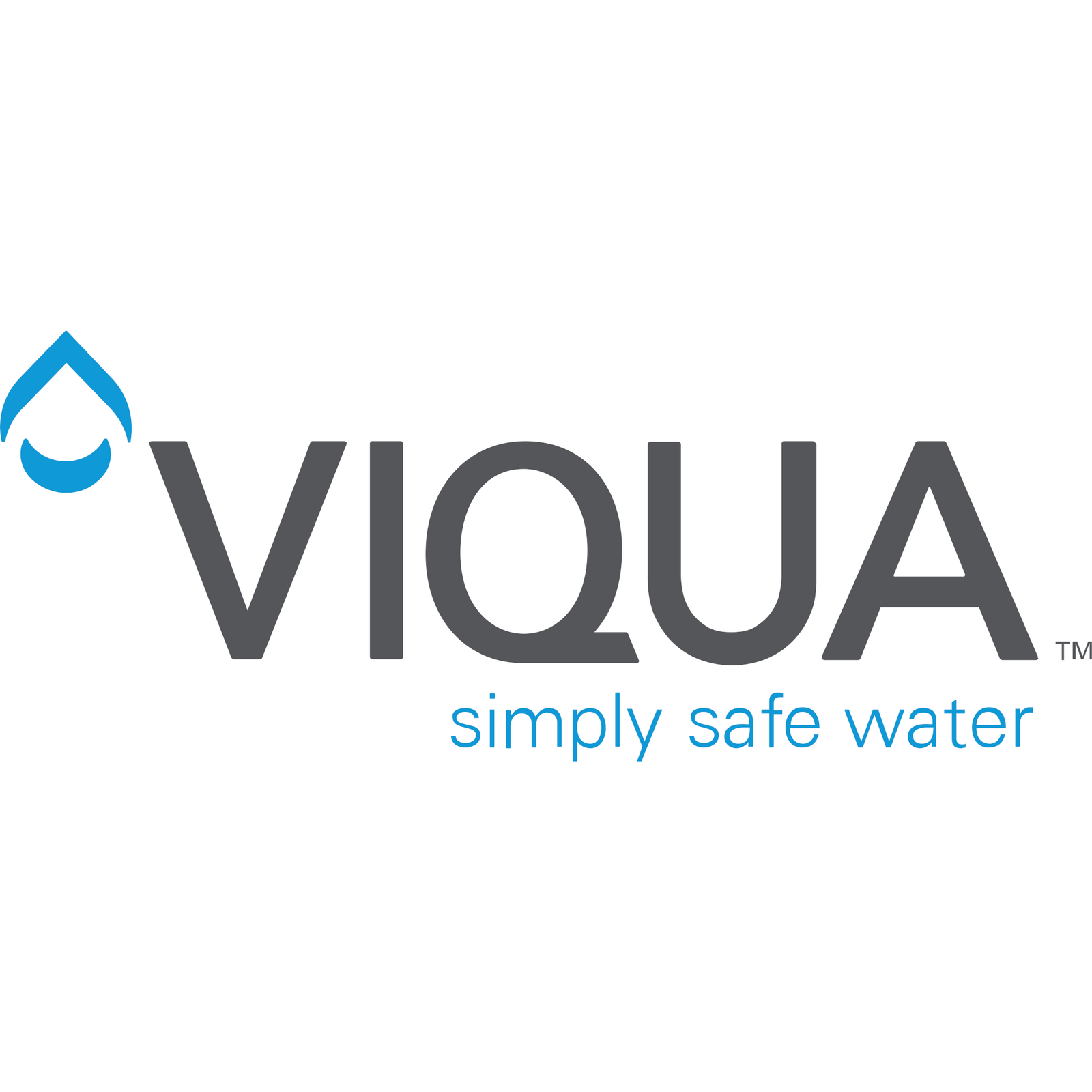
The Water Quality Research Foundation (WQRF) initiated a study which was conducted by the Battelle Institute to test devices fed with softened and unsoftened water under controlled laboratory conditions designed to accelerate the waterside scaling in water heaters, dishwashers, washing machines and other water using appliances and quantify the performance efficiency.
Battelle assessed the carbon footprint of the water heaters by evaluating the energy consumption within the home and the resulting greenhouse gas emissions. The results parallel those for the energy consumption, in that where there are energy efficiency differences, there are also carbon footprint differences.
For the storage type gas water heaters, there was a reduction in carbon footprint of 14.8% over a fifteen year water heater service life with softened water compared to 26 gpg hard water, when considering both the natural gas used for water heating and the electricity used for water softening. For the instantaneous water heaters, there was a reduction in carbon footprint of 4.4% over a fifteen year water heater service life, when considering both the natural gas used for water heating and the electricity used for water softening.
For instantaneous-type natural gas water heaters, this same carbon footprint increases 4% when operated on 26 gpg hard water versus 0 gpg softened water over 15 years.
For gas storage and instantaneous water heaters, the use of a water softener to eliminate or minimize the scale forming compounds in water will result in the efficiency of the water heater remaining constant over the life of the unit. In contrast, gas storage and instantaneous water heaters using unsoftened water had a noticeable decrease in efficiency over the testing period resulting in higher natural gas use. This natural gas savings associated with the use of softened water will lead to direct energy and economic savings. In addition, because of the need to have the instantaneous water heater delimed or cleaned periodically, the economic savings can lead to recovery of the cost of a water softener and operating supplies in a period as short as a year, if the inlet water is sufficiently hard. Further, there are environmental benefits to the use of a water softener: the lower use of natural gas leads to reductions in the carbon footprint which are related to the decrease in total energy consumption. The increase in total energy consumption (as a result of a reduction in heat transfer efficiency) is related to the hardness: higher water hardness will lead to greater energy consumption without the use of a water softener, and consequently greater energy costs.






